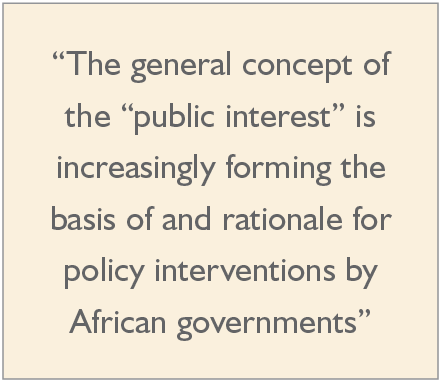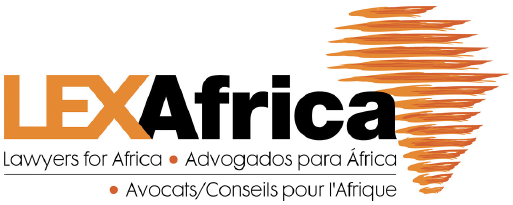 By Pieter Steyn
By Pieter Steyn
It is important to remember that Africa is not a country but consists of 54 sovereign states and a huge diversity of cultures, customs, languages, ethnic groups and religions. The socio-economic, political and business environment as well as the range of business and investment opportunities varies from country to country. A country such as Tanzania or South Africa cannot be compared to failed states like Somalia or Libya.
However, certain general trends can be identified, including better governance than 40 years ago and a rising consumer and middle class. The significant increase in Asia-Africa trade and investment during the past decade is a very important development. China remains a very important investor and business partner and is Africa’s largest trading partner followed by the US and EU.
McKinsey & Co estimates that more than 10,000 Chinese-owned businesses are operating in Africa. China’s focus has recently moved from commodities more to infrastructure projects, as indicated by the opening of the Ethiopia-Djibouti railway in 2017. Chinese manufacturers are also increasingly finding opportunities in Africa, including textile and shoe manufacturing plants in Ethiopia. A Chinese naval base was established in Djibouti in 2017.
Japan also has a significant presence (including a military base in Djibouti), with a focus on infrastructure such as the North-South Corridor and energy projects. About 450 Japanese companies operate in Africa with about 140 operating in South Africa. Southeast Asia via Singapore is also showing interest and Singaporean companies have become Asean’s largest investor in Africa.
India is Africa’s fourth-biggest trading partner and Indian companies are especially active in motor vehicles, pharmaceuticals, agriculture, energy and infrastructure.

A key factor is the growing activity of African regulators. In October 2015, South African telecommunications company MTN was fined US$5.2 billion (subsequently reduced to US$1.7 billion) by the Nigerian Communications Commission for failing to cut off 5.1 million unregistered SIM cards. In 2017, Canadian miner Barrick Gold settled an investment dispute with the Tanzanian government by transferring a 16 percent stake in three gold mines to the government and paying US$300 million. The South African competition commission is very active and has prosecuted numerous cartels. Cartel conduct is now a criminal offence in South Africa. Regional regulators are being established like the COMESA Competition Commission and the East African Community Competition Authority. Financial services, telecommunications, media and broadcasting and mining/resources are increasingly more actively regulated.
Local empowerment requirements are becoming more common and are being more strictly enforced by African governments. In Ghana, certain services to mining companies are reserved to Ghanaians, while in South Africa a firm’s “broad based black economic empowerment” (BBBEE) rating is a key factor taken into account in procurement tenders by government and state-owned enterprises, and a “fronting practice” (or conduct which undermines or frustrates BBBEE) is a criminal offence.
The general concept of the “public interest” is increasingly forming the basis of and rationale for policy interventions by African governments. In South Africa it is a key factor taken into account by the competition authorities in the assessment and approval of mergers. In March 2017, China Petroleum and Chemical Corporation (Sinopec) made a US$900 million bid for a 75 percent shareholding in Chevron’s southern African business which, if implemented, would be the single largest acquisition of a controlling interest in a South African company by a Chinese company to date. The South African Competition Commission has recommended the approval of the acquisition based on certain public interest undertakings by Sinopec, including a US$500 million upgrade of Chevron’s refinery in Cape Town, a US$15 million development fund for small and black-owned businesses, increasing the black economic empowerment shareholding from 25 percent to 29 percent and agreeing that South Africa will be Sinopec’s regional headquarters for Africa.
Asian investment and trade with Africa is set to continue its upward trajectory notwithstanding the recent economic downturn. It is however important to fully understand and comply with the local and regional regulatory framework in order to maximise the benefits of the opportunities offered by the African continent.

T: (27) 11 535 8000 / F: (27) 11 535 8600
T: (27) 11 535 8296 / F: (27) 11 535 8696


